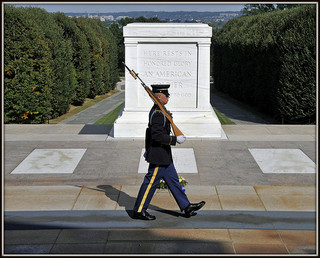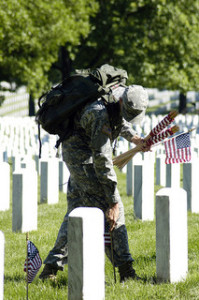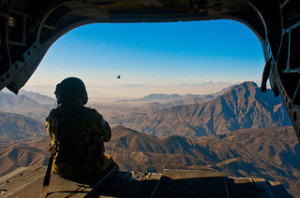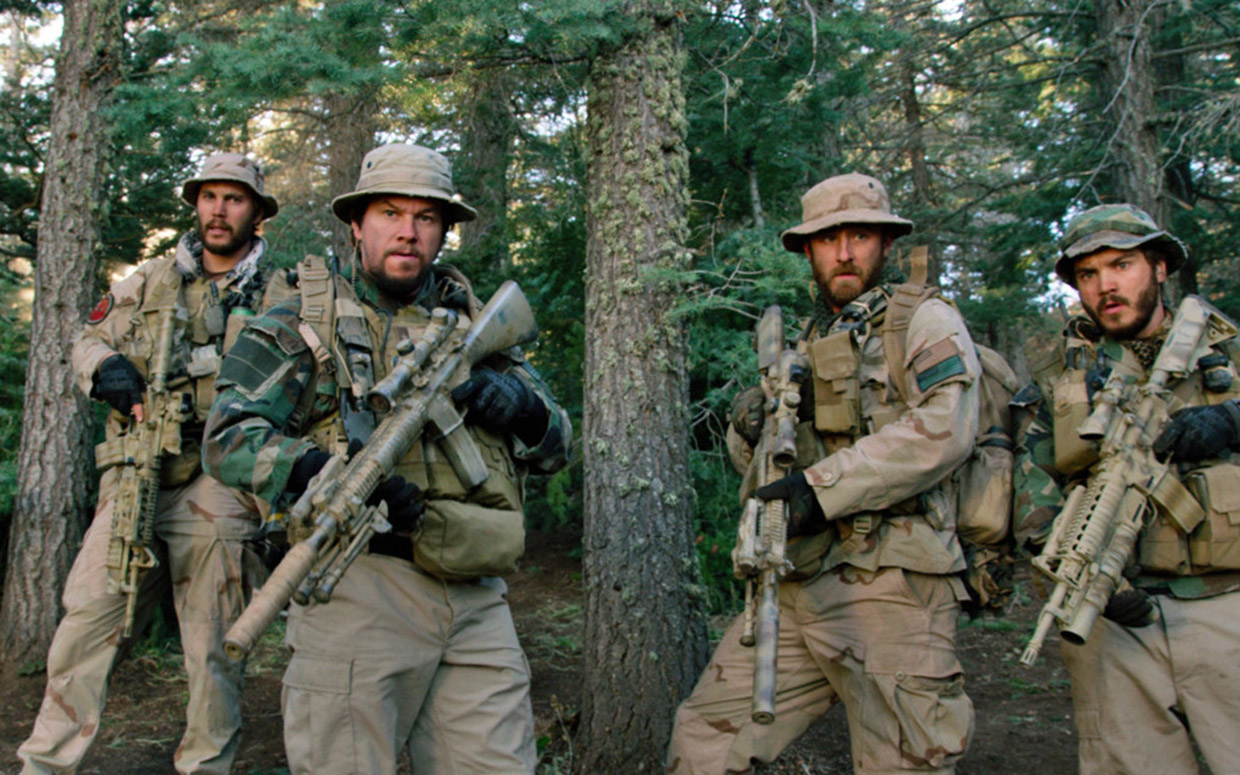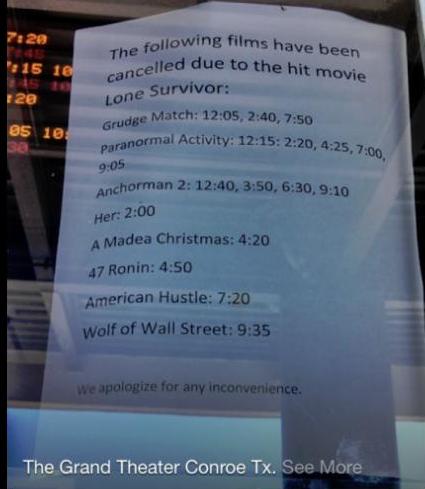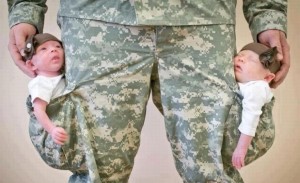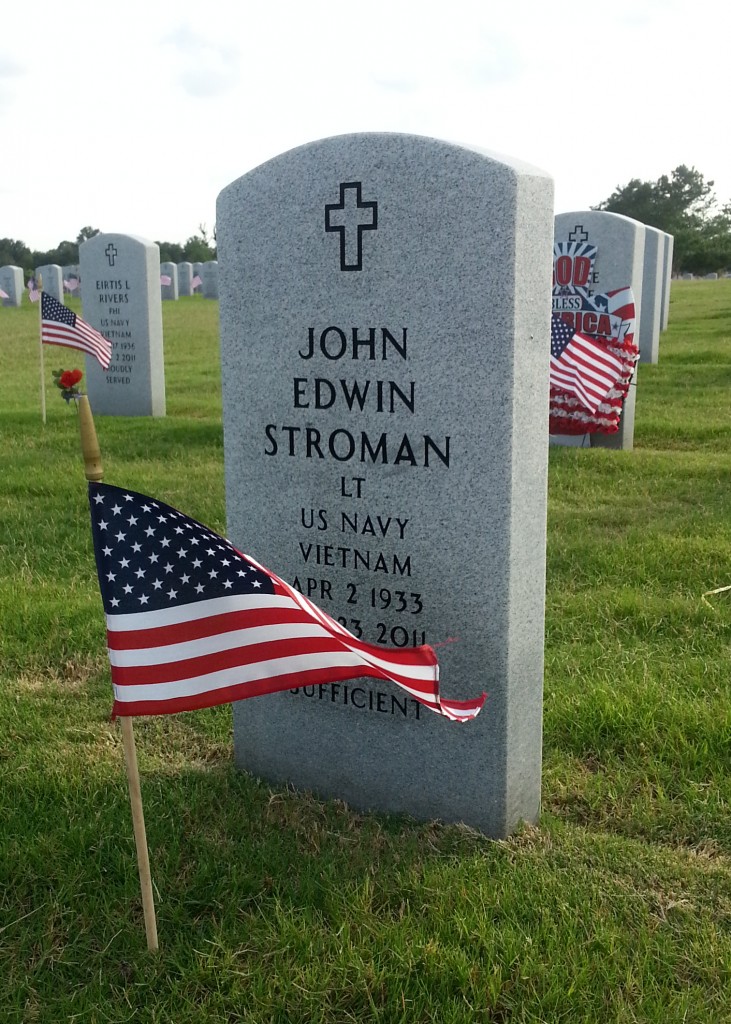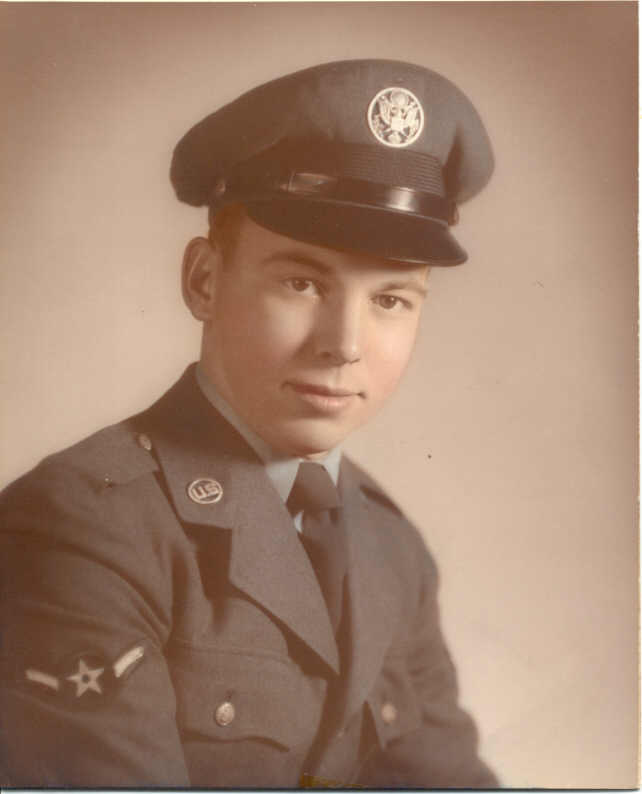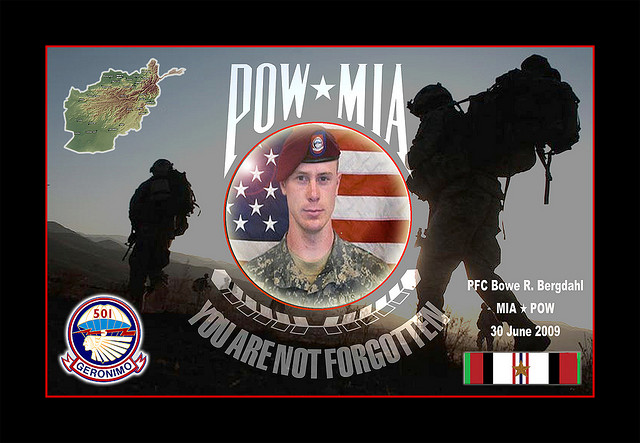 This morning I am a little angry. I apologize up front if any of our readers are upset about what I am going to say here, but I participate in this forum and I am going to use it. I have to admit I am a little torn over what has transpired in regard to Bowe Bergdahl. I am torn because I am former military, I am a patriot, and I am a father. Additionally, I feel like we have not heard all of this story.
This morning I am a little angry. I apologize up front if any of our readers are upset about what I am going to say here, but I participate in this forum and I am going to use it. I have to admit I am a little torn over what has transpired in regard to Bowe Bergdahl. I am torn because I am former military, I am a patriot, and I am a father. Additionally, I feel like we have not heard all of this story.
This is not about me, so I really don’t want to address my role in the Navy. But let me be clear, I would not have expected this to happen to me. If I had been captured, I would have followed military protocol, and the rules of the Geneva Convention, and would have dealt with being a POW. So having said that, it would never have happened because I would not have wandered away from my base. A FORWARD OPERATING Base, without my body armor or weapon. I feel like the vast majority, I would guess 95% or better, of currently deployed or enlisted military men and women would say, “You would have found me dead of multiple gunshot wounds, laying in a pile of my spent brass”.
I cannot and will not speculate on why Bowe Bergdahl would leave his base, or why he would leave his base without his weapon or body armor, but IF that is what he did, then he is not a hero or a POW, he is a deserter. And if he is a deserter, the Uniform Code of Military Justice, Punitive Article 86 states the following:
“Any member of the armed forces who, without authority, fails to go to his appointed place of duty at the time prescribed, goes from that place; or absents himself or remain absent from his unit, organization or place of duty, at which he is required to be at the time prescribed; shall be punished as a court-martial may direct.”
Click here to read the rest of the article »


